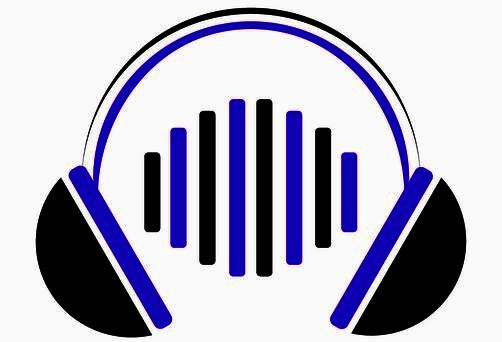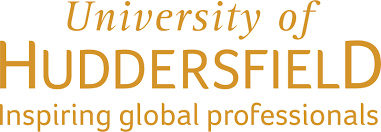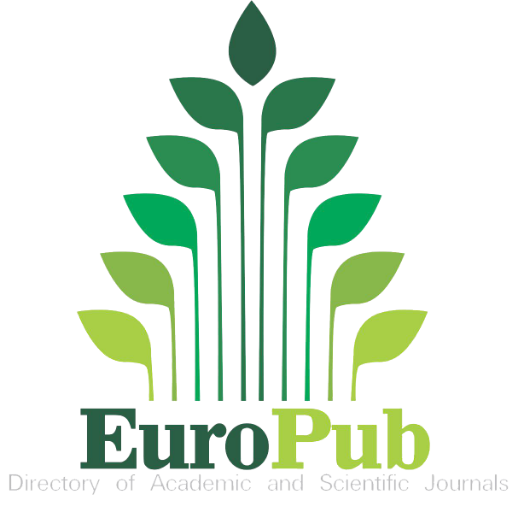Timbre and the "Zone of Entanglement" in Electronic Dance Music
Re-Thinking Musico-Social Ontologies with the Mycelial Turn
DOI:
https://doi.org/10.12801/1947-5403.2023.15.01.03Abstract
This article weaves together relational tendencies in recent scholarship spanning philosophy, mycology, psychopharmacology and timbre studies in order to argue that timbre’s unbounded ontology and cyclical re-use across electronic dance music (EDM) history affords listeners experiential access into radically distributed modes of being. Taking its cue from the biological structure of fungal mycelium, from whose flowers the psychoactive compounds of many psychedelic drugs are derived, this study builds on established models of EDM’s affectivity to propose that timbre in EDM manifests a psychedelic and specifically social form of consciousness. Highlighting the potential for entrainment that EDM’s synthesised timbres make possible, a conception of timbre as a mycelial “zone of entanglement” is put forward, in which the material and cultural, individual and social and spiritual and fleshly dimensions of the listening experience are folded into a reverberant unity, in turn encouraging a negotiation of the ethics that this entanglement entails.
Downloads
Published
Issue
Section
License
Authors who publish with this journal agree to the following terms:- Authors retain copyright and grant the journal right of first publication with the work simultaneously licensed under a Creative Commons Attribution-Noncommercial-Share Alike License that allows others to share the work with an acknowledgement of the work's authorship and initial publication in this journal.
- Authors are able to enter into separate, additional contractual arrangements for the non-exclusive distribution of the journal's published version of the work (e.g. post it to an institutional repository or publish it in a book), with an acknowledgement of its initial publication in this journal. Such derivate works or subsequent publications must happen no less than one calendar year after the initial publication date in Dancecult.
- Authors are permitted and encouraged to post their work online (e.g. in institutional repositories or on their website) prior to and during the submission process, as it can lead to productive exchanges, as well as earlier and greater citation of published work (See The Effect of Open Access).






